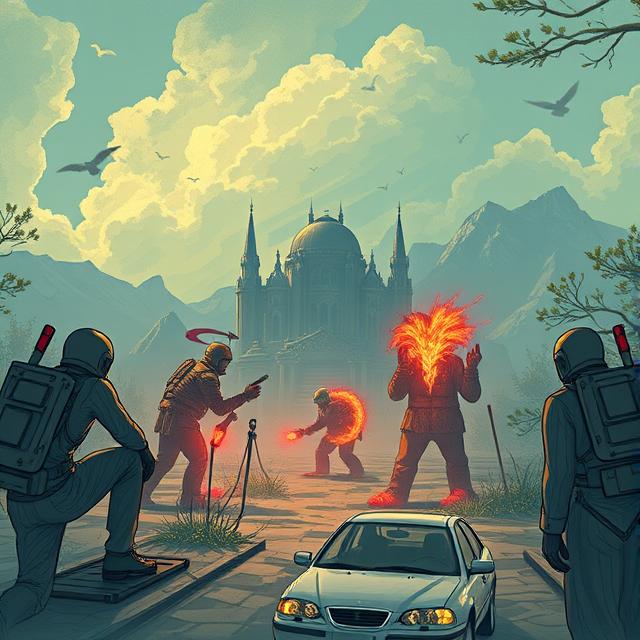Toxicity can ruin multiplayer experiences. Whether it’s harassment, griefing, or verbal abuse, bad behavior impacts player retention and community health. But modern multiplayer games have developed sophisticated systems to detect, report, and mitigate toxicity.
1. Player Reporting and Feedback Loops
Most online games—from League of Legends to Overwatch 2—offer in-game reporting systems for verbal abuse, AFK behavior, and cheating. Some also provide feedback notifications, letting you know if action was taken after your report.
2. Automated Detection Systems
Using AI and chat analysis, games can auto-flag offensive language, slurs, or suspicious patterns. These systems run continuously in the background, often muting or shadowbanning offenders before players even report them.
3. Tiered Penalties
Temporary bans, chat restrictions, and competitive lockouts are common punishments. Repeat offenders may face escalating consequences—including permanent account suspension.
4. Reputation Systems
Some titles implement karma or endorsement features. For example, Valorant and Overwatch reward players for good behavior with commendations, while toxic players may face restricted matchmaking or communication.
5. Preemptive Tools
Many games now offer mute options, block features, ping-only modes, and profanity filters by default—empowering players to control their experience from the start.
While no system is perfect, game developers are learning that community safety isn’t optional—it’s a core feature. A healthy player base is a loyal one.

Leave a Reply